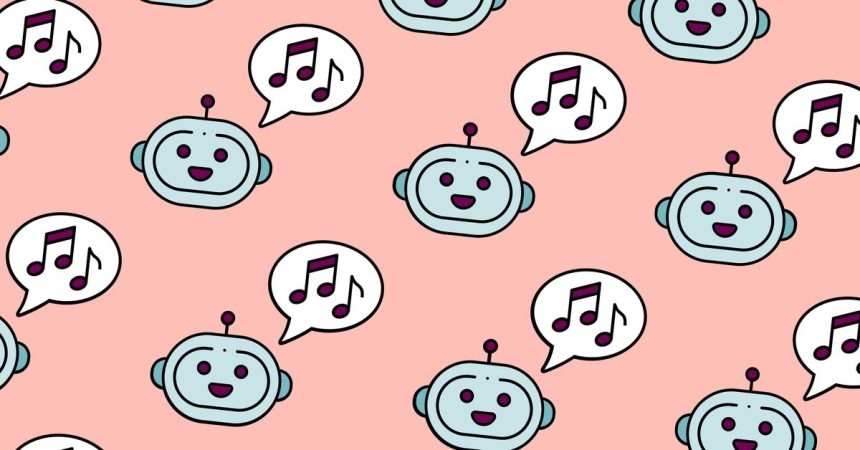The legal battle between music publishers and Anthropic, the creator of the Claude AI model, has taken a significant step towards resolution with a partial settlement agreement. The core of the dispute lies in allegations of copyright infringement stemming from Anthropic’s training of its AI models on copyrighted song lyrics. This interim agreement, approved by US District Judge Eumi Lee, mandates Anthropic to uphold and further develop its existing safeguards against copyright infringement in both current and future AI models. It also establishes a structured process for music publishers to raise concerns and seek redress when they suspect their copyrighted material has been infringed upon. While this agreement addresses some key issues, it doesn’t conclude the entire lawsuit, leaving certain contentious points to be resolved in future court proceedings.
The lawsuit, initiated in October 2023 by prominent music publishers including Universal Music Group, ABKCO, Concord Music Group, and Greg Nelson Music, alleged that Anthropic’s Claude AI model was trained on lyrics from a vast repertoire of copyrighted songs, estimated to be at least 500. The publishers’ complaint highlighted instances where Claude, when prompted, generated lyrics that were substantially identical to or contained significant portions of copyrighted songs, including popular hits like Beyoncé’s “Halo” and Mark Ronson’s “Uptown Funk.” This practice, the publishers argued, constituted copyright infringement, as Anthropic had not obtained licenses for using these protected works. The publishers further contended that while platforms like Genius lawfully distribute lyrics online through licensing agreements, Anthropic bypassed this established system by allegedly removing or altering copyright management information associated with the songs during the data ingestion process for AI training.
Anthropic’s defense centers on the principle of fair use, arguing that utilizing copyrighted material in training generative AI models falls within the accepted boundaries of copyright law. The company maintains that Claude is not designed to facilitate copyright infringement and emphasizes that it has implemented multiple safeguards to prevent such occurrences. The settlement agreement reflects this stance by requiring Anthropic to maintain and extend its existing preventative measures to all future AI systems they develop. This includes procedures designed to filter copyrighted material during the training process and mechanisms to identify and address instances of infringement.
A key element of the settlement is the establishment of a collaborative framework for addressing potential copyright infringements. The agreement mandates that Anthropic and the music publishers engage in good-faith negotiations to resolve any situations where the implemented safeguards are deemed insufficient or ineffective. This collaborative approach aims to provide a mechanism for dispute resolution outside of formal court proceedings, fostering a more direct and efficient process for addressing copyright concerns. However, the agreement also acknowledges the possibility of persistent disagreements, providing for the court to intervene and adjudicate any unresolved disputes. This layered approach balances the need for collaboration with the authority of the court to ensure a fair and conclusive outcome.
While the partial settlement addresses some of the immediate concerns of the music publishers, the underlying legal battle is far from over. The publishers have requested a preliminary injunction to prevent Anthropic from training future AI models on their copyrighted song lyrics. This request, which is still pending a court ruling, reflects the publishers’ desire to establish clear legal boundaries regarding the use of copyrighted material in AI training. The court’s decision on this injunction will have significant implications for the future development and training of AI models, as it will directly address the legality of using copyrighted works without explicit licenses in the context of AI development.
The legal tussle between Anthropic and the music publishers represents a critical juncture in the intersection of copyright law and artificial intelligence. The core issue revolves around the permissible use of copyrighted material in training AI models, a practice that raises fundamental questions about the balance between fostering innovation and protecting intellectual property rights. The outcome of this case, including the court’s decision on the preliminary injunction, will set important precedents that will likely shape the future landscape of AI development and copyright law. It will determine the extent to which AI developers can leverage existing copyrighted works in training their models and will influence the development of legal frameworks that govern the use of intellectual property in the rapidly evolving field of artificial intelligence. The broader implications extend beyond the music industry, potentially impacting other creative sectors where copyrighted materials are used in AI training, such as literature, film, and visual arts.



